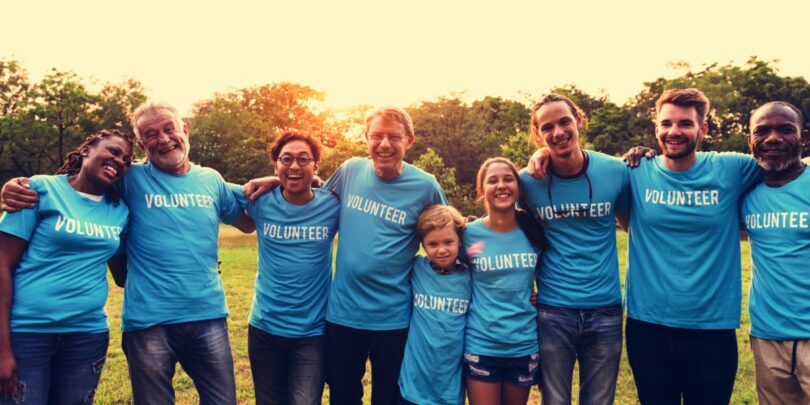A new report from Volunteering Australia, features the latest national volunteering data, providing insights into how volunteering is changing including the challenges faced by the community.
The report also highlights new areas of opportunity which are being highlighted this National Volunteer Week (May 20-26).
More flexible volunteering opportunities have emerged, and the wellbeing benefits of volunteering are particularly important in challenging times.
However people are finding it difficult to prioritise volunteering, or afford the potential costs associated, such as transport or fuel.
In fact, a quarter (26 per cent) of young people say they don’t volunteer due to financial reasons, while just over half (54 per cent) of volunteers say they’ve incurred out-of-pocket expenses from volunteering.
Formal volunteering, where people volunteer through organisations, has gradually declined over the past 10 years but is still highest among people aged 40-54 years.
Informal volunteering, where people volunteer directly in the community, is significantly more common among people aged 25-39 years, and rates of online – or remote – volunteering has continued to grow in recent years.
Volunteering Australia CEO Mark Pearce says that this year’s National Volunteer Week theme, ‘Something for Everyone’, highlights the abundance of new opportunities for people to participate and contribute towards change.
“People in Australia are already volunteering for a wide variety of organisations, from sport and recreation (25 per cent) to environment (7 per cent) and animal welfare (5 per cent),” he said.
“Getting involved can be as simple as sharing your interests, helping out in your local community, or drawing on your experience to support others. There really is a volunteer role for everyone.”
People looking to start their volunteering journey, should visit govolunteer.com.au or contact organisations in their local community.
How you can help
AS the cost-of-living crisis bites, volunteers are more vital than ever before in supporting communities and helping those struggling in the challenging economic climate.


